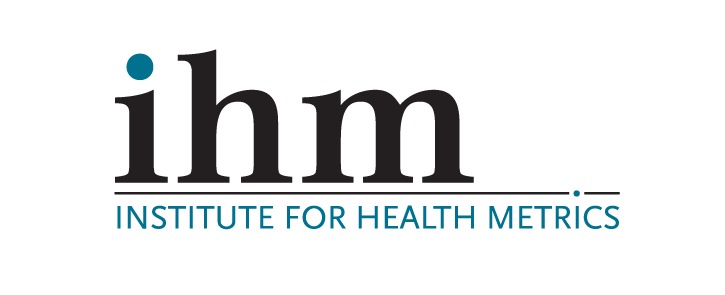Healthcare AI Model Performance at Risk Without Updated Data
In healthcare, where precision and timeliness save lives, artificial intelligence (AI) models must be continually trained on current data to remain effective. Outdated training data can degrade performance, leading to inaccurate diagnoses, obsolete treatments, and missed opportunities for innovation.
Benefits of Updated Training Data
Enhanced Diagnostic Accuracy
Updated data aligns AI models with the latest medical knowledge. For example, an AI model trained before 2020 would miss COVID-19’s evolving symptoms or vaccination protocols, risking misdiagnoses. By incorporating recent clinical data, models used in pharmaceutical research can predict drug interactions more accurately, improving patient safety.
Adapting to Health Trends
Healthcare evolves constantly with new therapeutics and treatment resistance. Models trained on fresh data can track these changes. For instance, AI systems using real-time data can predict infectious disease spread, guiding timely public health responses. AI systems can also incorporate a new drug into algorithms that examine efficacy versus other drugs used for the same indication.
Driving Innovation
Updated data fuels breakthroughs in medical research and care delivery. AI analyzing recent clinical data can identify better treatment algorithms or optimize hospital workflows. For example, models using up-to-date patient records can reveal trends in drug efficacy, helping pharmaceutical companies refine formulations or accelerate development of new therapies.
Risks of Outdated Data
Missed Medical Advancements
Outdated datasets limit AI’s ability to support innovation. In pharmaceutical research, models relying on old data may miss novel drug targets, slowing progress in precision medicine. Hospitals using stale AI for resource allocation might misjudge medication needs, reducing efficiency.
Regulatory and Safety Concerns
Models trained on old data may violate regulations like HIPAA or FDA standards for AI medical devices. For example, outdated models might not recognize new adverse drug reactions, endangering patients. Non-compliance risks legal penalties and erodes trust in AI systems.
Managing Data Updates Effectively
Healthcare training data requires careful management to ensure long term data quality and model stability. Are existing data sources updated with new data over time and do existing licensing arrangements anticipate the need for these updates? New data must also be rigorously validated to avoid introducing errors, such as incomplete patient records or unverified clinical findings. Techniques like incremental learning─ an AI methodology where a model learns and enhances its knowledge progressively, without forgetting previously acquired information─ can help integrate fresh data without destabilizing existing models, ensuring consistent performance in critical applications like patient triage with predictive models.
About IHM
The Institute for Health Metrics (IHM) manages a collaborative of rural and community hospitals across the United States who share data for research and commercial purposes in exchange for data services and Social Determinants of Health data needed to improve the health of their patients and the communities in which they live.

